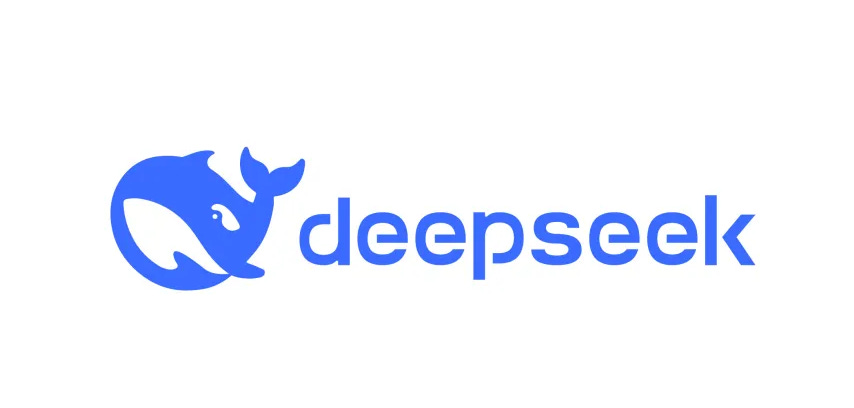DeepSeek AI: The Game-Changer That’s Taking on OpenAI with Smarter, Cheaper Tech
This Chinese AI startup is revolutionizing the industry with a 670B-parameter model, cutting costs, and skyrocketing in popularity—here’s why it’s the next big thing in AI.
DeepSeek, a Chinese AI startup, has rapidly emerged as a formidable player in the artificial intelligence landscape, challenging established giants like OpenAI. Founded by Liang Wenfeng in 2023, DeepSeek's mission centers on achieving Artificial General Intelligence (AGI) through innovative and cost-effective methods.
A standout achievement is DeepSeek's R1 model, boasting 670 billion parameters. Utilizing a "mixture of experts" architecture, it activates only a fraction of these parameters during tasks, optimizing efficiency without compromising performance. This design has led to a significant reduction in development costs, with R1's training expenses totaling approximately $5.58 million—substantially lower than those of comparable models.
DeepSeek's commitment to open-source principles has democratized access to advanced AI tools, enabling researchers and developers worldwide to collaborate and innovate. This approach has resulted in rapid adoption, with the DeepSeek app climbing from No. 31 to No. 1 in the U.S. App Store within days, amassing over 2.6 million downloads.
The company's focus on efficiency extends to its operational costs, offering API services at approximately $0.55 per million input tokens, significantly undercutting competitors. This affordability, coupled with robust capabilities in coding, mathematics, and language understanding, positions DeepSeek as a versatile tool for various applications.
Despite its achievements, DeepSeek faces challenges, including concerns about data privacy and content censorship on sensitive topics. Additionally, its rapid rise has prompted scrutiny from industry leaders, highlighting the dynamic and competitive nature of the AI sector.
In summary, DeepSeek's innovative approach, cost-effective solutions, and commitment to open-source development have significantly impacted the AI industry, offering a compelling alternative to traditional models and fostering a more inclusive technological ecosystem.










